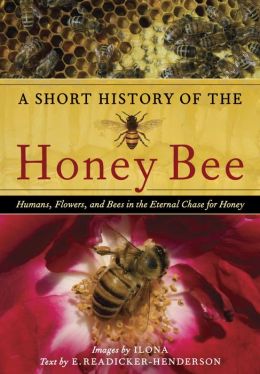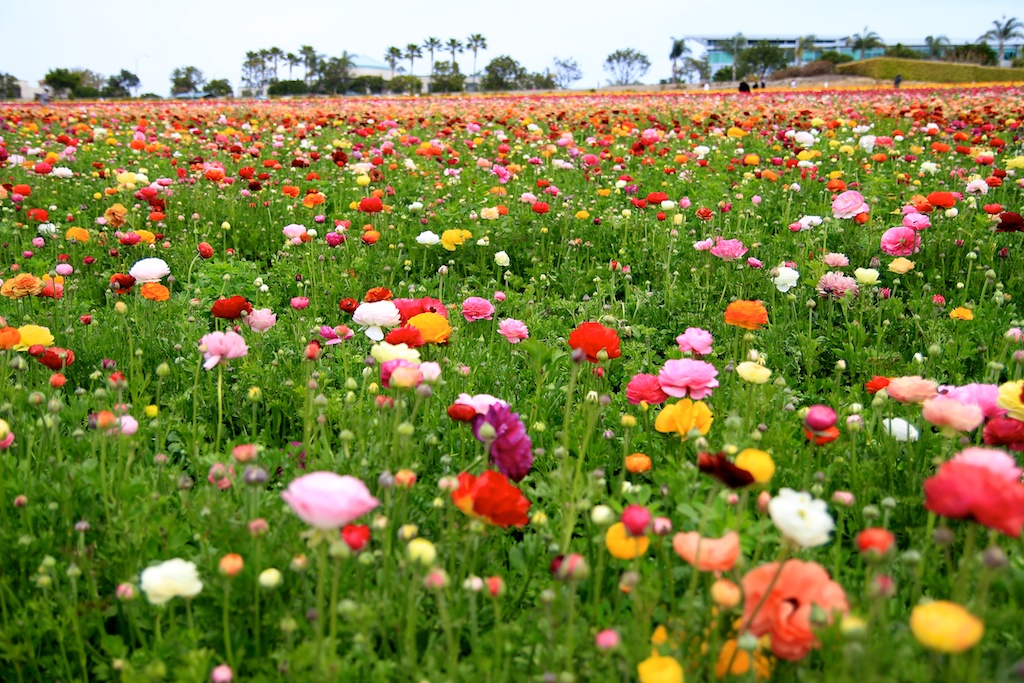As the weather warms up in Spring, honeybees all across the country are breaking out of their winter clusters and once again flying from their hives to carry out the many tasks required to keep the hive healthy.
Unfortunately, each time we begin a new beekeeping year, most beekeepers in the United States will have lost one third of their beehives. Honeybees are at risk because of many different factors. Similar to humans, honeybees can suffer from viruses, pests, and diseases. Also, an increasingly flowerless landscape and pesticides play a part.
The good news is that you can do something to help! From city to country, we can all help the honeybees. No matter how big or small you are, there are a few simple things you can do to make a big difference.
Planting bee friendly flowers:
 Honeybees pollinate 80% of our crops while they are flying from flower to flower gathering nectar and pollen for their hives. In one collecting trip, a worker bee will visit 50-100 flowers to collect and bring back food for their hive. If the worker bees cannot find any flowers, there will be no food for the bees to eat.
Honeybees pollinate 80% of our crops while they are flying from flower to flower gathering nectar and pollen for their hives. In one collecting trip, a worker bee will visit 50-100 flowers to collect and bring back food for their hive. If the worker bees cannot find any flowers, there will be no food for the bees to eat.
Just like humans need to eat different types of foods to stay healthy, bees also need to eat a variety of different flowers.The more flowers that are available and the closer they are to each beehive, the healthier the bees will be.
Humans need to eat food throughout
the whole year, and so do our bees! In winter when it is too cold to fly outside, the bees will eat the honey that they have stored in their hive. During the rest of the year, they need to collect extra food for winter. To help the bees, we need to make sure to plant flowers that bloom at different times of the year so they have food all year long. While honeybees face many different problems, making sure they have enough nutritious food goes a long way towards keeping them healthy!
To find a list of honeybee and pollinator friendly plants for your area visit pollinator.org
Buying honey from a local beekeeper:
 Honey is a delicious and healthy treat from our wonderful buzzing friends, it is the only food that never spoils and the only food made by insects which humans consume. Honey also comes in a wonderful array of colors and flavors unique to the area in which it was produced.
Honey is a delicious and healthy treat from our wonderful buzzing friends, it is the only food that never spoils and the only food made by insects which humans consume. Honey also comes in a wonderful array of colors and flavors unique to the area in which it was produced.
Buying from a local beekeeper ensures that you know where your honey came from and helps the beekeepers support their bees. You can often find local honey for sale at fairs and farmers markets.
Learning more about honeybees:

 Honeybees are very amazing and complex insects. They help to provide food for us to eat, treat us to tasty honey, and amaze and fascinate people around the world every day.
Honeybees are very amazing and complex insects. They help to provide food for us to eat, treat us to tasty honey, and amaze and fascinate people around the world every day.
The better we understand honeybees, the better able we are to care for them and protect them. If you take the time to learn more about honeybees, you will be astonished at all these little insects can do and the simple things we can do to help them.


No comments:
Post a Comment
Thank you for your comment/question! We are busy buzzing across American spreading the sweet news about honey and beekeeping, but we will do our best to respond in the next 24 hours. We appreciate your patience!